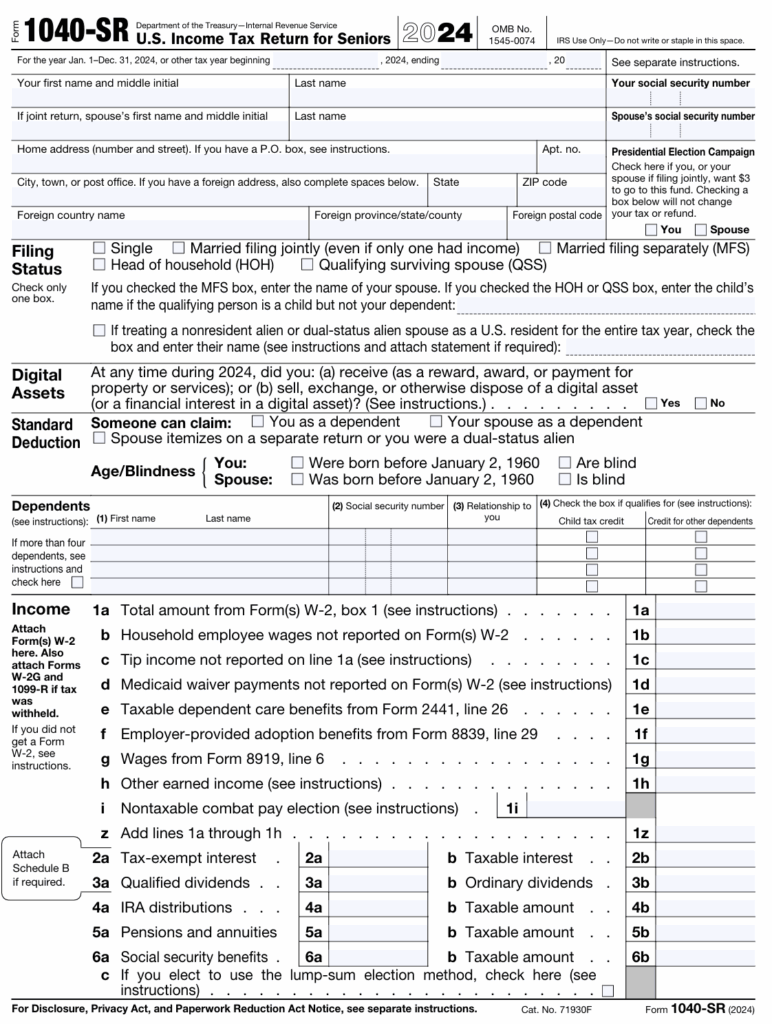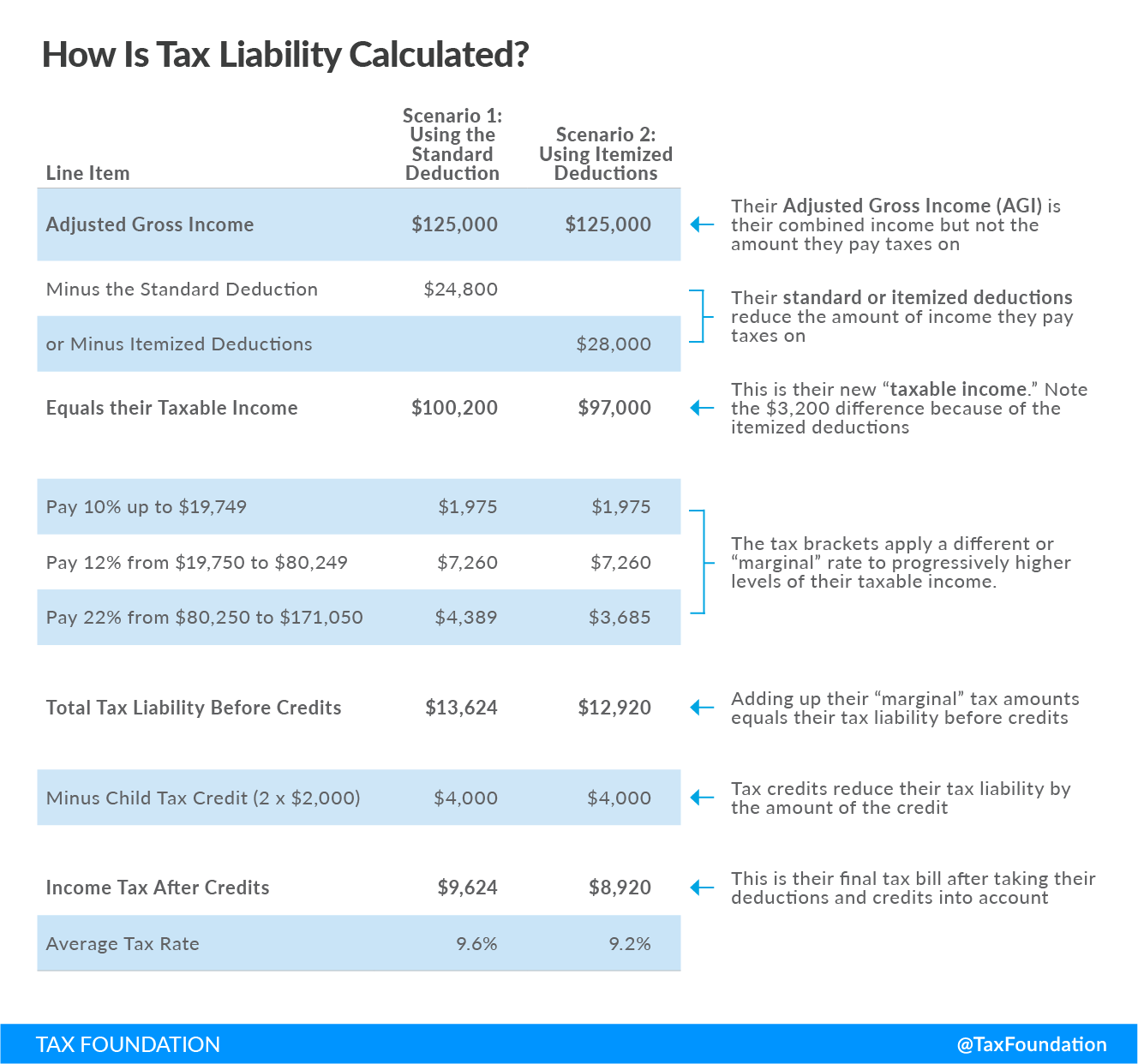Why the FEIE Standard Deduction is essential for U.S. expats seeking tax savings
All Regarding the Foreign Earned Revenue Exclusion: Optimizing Your Criterion Deduction Conveniences
The Foreign Earned Income Exemption (FEIE) presents a beneficial opportunity for united state residents living abroad to minimize their tax liabilities. Recognizing the eligibility requirements is crucial for those seeking to gain from this exemption. Asserting the typical reduction can improve total tax benefits. However, handling this process involves cautious attention to information and an awareness of usual pitfalls. Discovering these elements can give clearness and optimize prospective tax obligation benefits.
Understanding the Foreign Earned Income Exclusion (FEIE)
The International Earned Earnings Exclusion (FEIE) enables united state citizens and resident aliens functioning abroad to omit a portion of their foreign earnings from government income tax. This arrangement works as an economic alleviation mechanism, making it possible for migrants to retain a larger share of their earnings made in international nations. By lowering gross income, the FEIE assists relieve the problem of dual tax, as people may additionally go through tax obligations in their host countries. The exemption applies only to gained revenue, which consists of wages, wages, and specialist costs, while passive revenue and financial investment gains do not certify. To gain from the FEIE, people must submit specific forms with the IRS, detailing their foreign revenues and residency - FEIE Standard Deduction. Comprehending the nuances of the FEIE can considerably influence economic preparation for united state people living overseas, making it essential for migrants to stay informed regarding this helpful tax obligation stipulation
Eligibility Requirements for the FEIE
To certify for the Foreign Earned Earnings Exclusion (FEIE), people must meet specific eligibility criteria. This includes satisfying residency demands, passing the physical presence examination, and developing a tax obligation home in a foreign nation. Each of these variables plays a crucial function in figuring out whether one can take advantage of the exemption.
Residency Needs
Satisfying the residency requirements is important for individuals seeking to receive the Foreign Earned Revenue Exclusion (FEIE) To be qualified, taxpayers need to establish an authentic home in an international nation or nations for an uninterrupted period that usually spans an entire tax year. This requirement highlights the need of a much deeper link to the foreign place, moving past plain physical existence. Individuals have to show their intent to stay in the foreign country and have actually developed their living circumstance there. Elements such as the size of stay, kind of housing, and regional area participation are taken into consideration in determining residency. Meeting these standards is crucial, as failure to do so might disqualify one from taking advantage of the FEIE.
Physical Presence Examination
Developing eligibility for the Foreign Earned Revenue Exemption (FEIE) can likewise be accomplished through the Physical Visibility Test, which calls for people to be physically existing in an international country for a minimum of 330 full days during a successive 12-month period. This test is advantageous for those who might not satisfy the residency requirement however still reside abroad. The 330 days must be full days, implying that any day spent in the USA does not count toward this total. It is essential for individuals to preserve accurate records of their traveling dates and locations to support their insurance claims. Effectively passing this examination can significantly reduce gross income and improve monetary outcomes for expatriates.
Tax Home Place
Tax obligation home area plays an essential duty in identifying qualification for the Foreign Earned Revenue Exclusion (FEIE) To certify, an individual need to develop a tax obligation home in a foreign country, which suggests their key business is outside the United States. This stands out from a plain house; the private need to conduct their job in the international country while keeping a significant link to it. The IRS requires that the taxpayer can demonstrate the intent to stay in the international place for a prolonged period. Additionally, preserving a home in the united state can complicate eligibility, as it may suggest that the person's real tax home is still in the USA. Recognizing this criterion is vital for optimizing FEIE advantages.
Just how to Declare the FEIE on Your Income Tax Return
Asserting the Foreign Earned Income Exemption (FEIE) on an income tax return needs cautious interest to detail and adherence to particular IRS standards. Taxpayers have to first confirm eligibility by satisfying either the authentic residence test or the physical presence examination. Once eligibility is validated, they should complete IRS Form 2555, which details foreign made earnings and appropriate information regarding their tax obligation home.
It is important to report all foreign income precisely and preserve proper documents to sustain cases. Taxpayers must likewise recognize the optimal exemption limit, which goes through yearly adjustments by the internal revenue service. Filing Kind 2555 together with the annual tax obligation return enables taxpayers to omit a part of their international earnings from united state tax. It is a good idea to speak with a tax expert or IRS resources for updated details and assistance on the FEIE procedure, guaranteeing conformity and maximization of potential advantages.

The Requirement Deduction: What You Need to Know
Exactly how does the common special info reduction impact taxpayers' overall financial situation? The standard reduction offers as a considerable tax obligation advantage, lowering taxed earnings and possibly decreasing tax responsibilities. For the tax year 2023, the typical reduction is set at $13,850 for single filers and $27,700 for wedded couples submitting collectively. This deduction streamlines the filing process, as taxpayers can select it rather than itemizing deductions, which requires comprehensive record-keeping.

Taxpayers earning foreign income might still declare the basic reduction, gaining from lowered taxable revenue even while utilizing the Foreign Earned Income Exemption (FEIE) Nevertheless, it is necessary to note that the standard reduction can not be combined with itemized reductions for the very same tax year. Subsequently, recognizing the typical deduction allows taxpayers to make informed decisions regarding their tax obligation strategies, maximizing readily available advantages while ensuring conformity with IRS guidelines
Methods for Optimizing Your Reductions
Optimizing deductions under the Foreign Earned Earnings Exemption needs a clear understanding of made revenue restrictions and the advantages of asserting housing exclusions. Additionally, using Type 2555 properly can enhance the potential for substantial tax savings. These methods can significantly influence the general tax liability for migrants.
Understand Earned Income Limitations
While lots of expatriates seek to reduce their tax obligation worry, recognizing the made revenue restrictions is crucial for properly leveraging the Foreign Earned Earnings Exclusion. The Internal Income Solution (IRS) establishes details thresholds that determine the optimum quantity of international earned earnings eligible for exclusion. For the tax year 2023, this restriction is $120,000 per qualified individual. Exceeding this limit might lead to taxation on the earnings over the limit, lessening the advantages of the exclusion. To maximize reductions, migrants need to maintain exact records of their international gained earnings and analyze their qualification for the exclusion annually. Strategic intending around these limits can substantially improve tax cost savings, allowing expatriates to optimize their economic situation while living abroad.
Declaring Housing Exemption Benefits
Numerous migrants ignore the potential advantages of declaring the Housing Exclusion, which can greatly minimize their gross income. This exclusion permits people living abroad to subtract certain real estate expenditures from their gross income, making it simpler to satisfy economic responsibilities without incurring considerable tax obligations. To optimize this benefit, expatriates need to verify they qualify based on their house and employment situations. Furthermore, comprehending qualified costs-- such as rent, energies, and upkeep-- can improve the overall reduction. Keeping comprehensive records of these expenses is vital for substantiating cases. By strategically navigating with the Housing Exclusion, expatriates can notably reduce their tax obligation burden and keep more of their incomes while living overseas, eventually boosting their financial well-being.
Make Use Of Type 2555 Efficiently
Utilizing Type 2555 efficiently can greatly boost the financial advantages readily available to expatriates, specifically after capitalizing on the Real estate Exemption. This type enables individuals to claim the Foreign Earned Revenue Exemption, which can significantly reduce gross income. To take full advantage of deductions, expatriates must verify they meet the qualifications, consisting of the physical presence test or the authentic house test. It is important to precisely report all international gained income and to maintain detailed records of eligibility. In addition, making use of the Housing Exemption in tandem with Click This Link Type 2555 can further decrease total tax obligation liability. By understanding the complexities of these kinds, migrants can enhance their tax situation and keep more of their hard-earned income while living abroad.
Common Mistakes to Avoid When Filing Your Tax Obligations Abroad

Regularly Asked Inquiries
Can I Assert Both FEIE and the Foreign Tax Credit Score?
Yes, a person can declare both the Foreign Earned Income Exemption (FEIE) and the Foreign Tax Credit History (FTC) Nonetheless, they must guarantee that the same earnings is not used for both benefits to avoid dual benefits.
What Occurs if I Go Beyond the FEIE Revenue Limitation?
Surpassing the Foreign Earned Revenue Exemption (FEIE) revenue restriction results in the ineligibility for the exclusion on the excess quantity. This might result in gross income in the USA, needing suitable tax filings.
Exist Any Type Of State Tax Obligation Implications for FEIE?
State tax obligation implications for the Foreign Earned Revenue Exemption (FEIE) vary by state. Some states may tire international income while others comply with government exclusions, making it important for people to seek advice from state-specific tax laws for clarity.

Exactly How Does FEIE Affect My Social Security Conveniences?
The Foreign Earned Revenue Exemption (FEIE) does not straight influence Social Security advantages. However, earnings omitted under FEIE might influence the estimation of average indexed month-to-month profits, possibly affecting future benefits.
Can I Withdraw My FEIE Political Election After Asserting It?
Yes, a person can revoke their Foreign Earned Earnings Exemption (FEIE) political election after claiming it. This retraction has to be carried out in composing and sent to the internal revenue service, sticking to details guidelines and due dates.
Understanding the Foreign Earned Income Exclusion (FEIE)
The Foreign Earned Income Exclusion EarningsFEIE) allows U.S. citizens united state residents aliens working abroad to exclude a leave out of section foreign earnings from profits income government. Taxpayers gaining foreign revenue may still claim the conventional reduction, profiting from lowered taxed earnings also while utilizing the Foreign Earned Revenue Exemption (FEIE) Making best use of reductions under the Foreign Earned Revenue Exclusion calls for a clear understanding of made income restrictions and the benefits of declaring real estate exemptions. While lots of expatriates seek to decrease their tax obligation problem, comprehending the gained earnings limitations is important for successfully leveraging the Foreign Earned Income Exclusion. Going Beyond the Foreign Earned Income Exclusion (FEIE) earnings limitation results in the ineligibility for the exclusion on the excess amount.